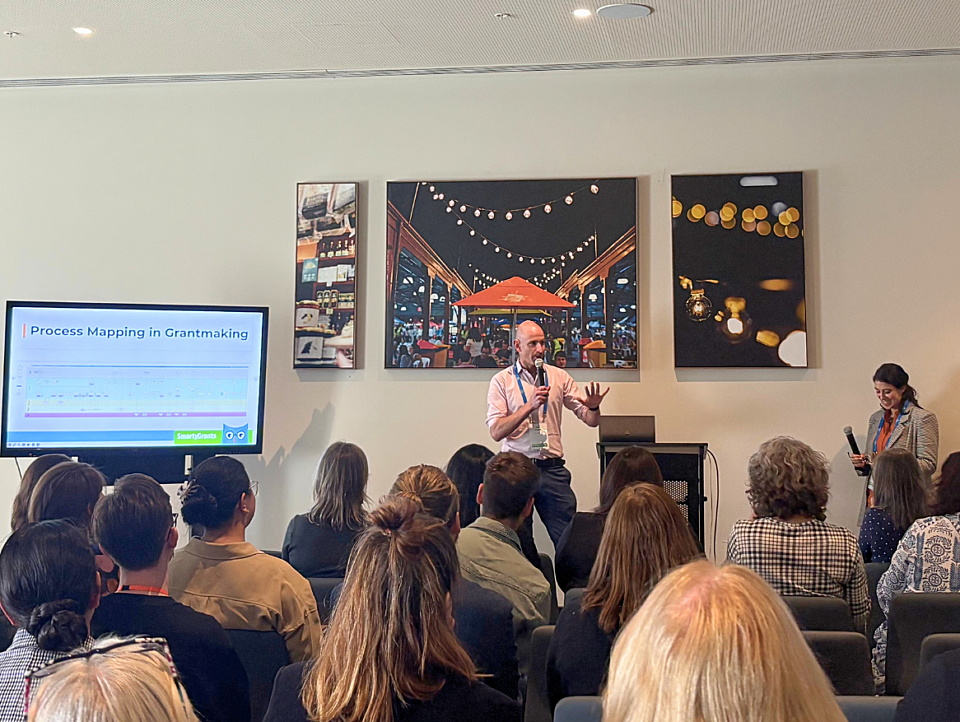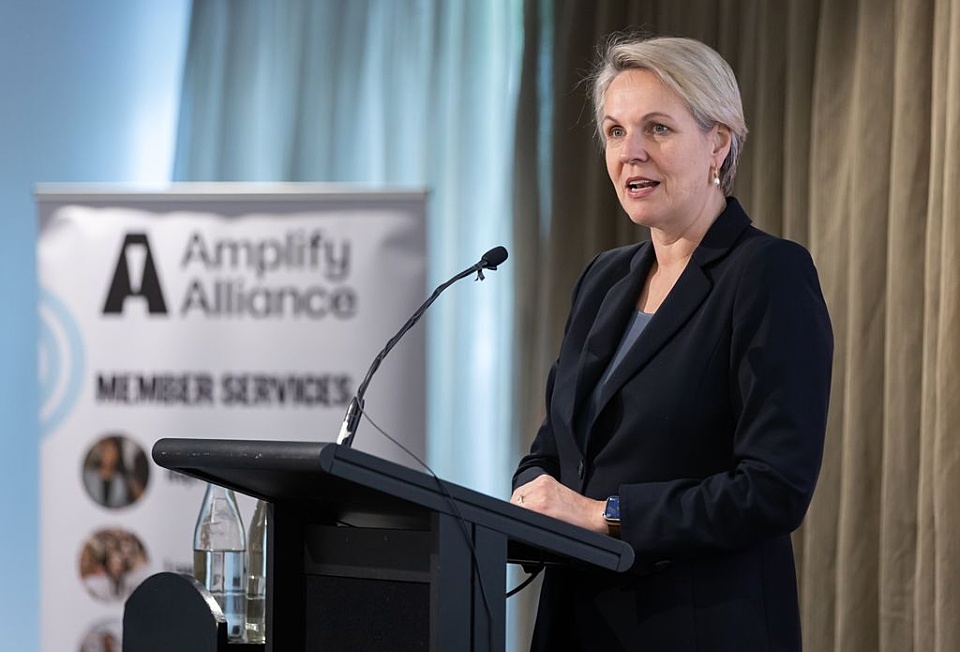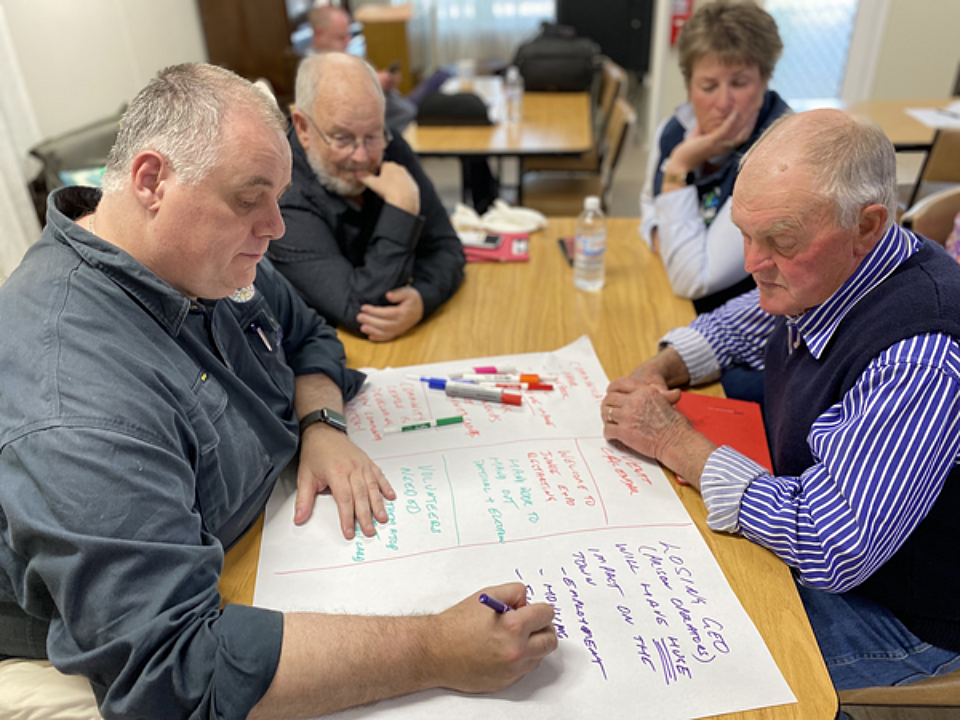
Analysis proves patience is needed to properly measure the impact of a grant
Posted on 05 Mar 2026
Posted on 17 Jun 2025
By Matthew Schulz, journalist, SmartyGrants

The Australian Government’s $8.74 million Future Fit Program – established to prepare Meals on Wheels (MoW) Australia for major aged care reform – was mismanaged and failed to meet its objectives, according to the national grants watchdog.
The Department of Health, Disability and Ageing created the program to help MoW-affiliated services transition from the Commonwealth Home Support Programme (CHSP) to the new Support at Home model, due to begin after 1 July 2027.
In 2023–24, the government distributed $3.1 billion to 1,264 CHSP providers, making it one of the Australian Government’s largest grants programs. According to the May 2025 audit, MoW services receive $45.4 million in CHSP funding annually – representing 40% of all meals services under the program.
The Australian National Audit Office (ANAO) found that the department’s administration of the program was “ineffective”, citing inadequate governance, poor risk and stakeholder management, and a failure to evaluate whether the program achieved its aims.

According to the findings, the department:
Despite relying on a sole provider – Miles Morgan Australia – across three procurements between 2021 and 2024, the department failed to justify the use of non-competitive grants or manage contracts in line with Commonwealth procurement rules.
For example, Meals on Wheels Australia was originally listed as a delivery partner but was removed from the program’s governance arrangements in late 2022 at the contractor’s recommendation – without the knowledge of MoWA or ministerial approval.
A key deliverable – the transition of a central customer relationship management (CRM) system to a local provider – was also not finalised. The audit found there was no clear evidence the system was implemented or assessed.
In addition, a pilot in the Whitehorse local government area in Melbourne, launched under the third procurement round after the council ceased service delivery, was not evaluated.
Broader stakeholders, including Meals on Wheels Victoria, reported being excluded from the program’s design and rollout.
The department has agreed to implement eight recommendations relating to its failings in the report. The report cost the ANAO $570,000 to produce.
In its synthesis of key messages, the ANAO said that other agencies should take note of the report’s findings on good practice, including ensuring that procurement and grant arrangements are “underpinned by analysis and a strong policy rationale”, and that entities “maintain appropriate oversight of project delivery when outsourcing project management services”.
The report stressed: “Accountable authorities and senior executives should set an appropriate tone from the top to encourage a culture of ethical behaviour within their entities and promote procurement practices that achieve value for money for the Australian Government and the taxpayer.”

Posted on 05 Mar 2026

Posted on 15 Dec 2025
A Queensland audit has made a string of critical findings about the handling of grants in a $330…

Posted on 15 Dec 2025
The federal government’s recent reforms to the Commonwealth procurement rules (CPRs) mark a pivotal…

Posted on 15 Dec 2025
With billions of dollars at stake – including vast sums being allocated by governments –grantmakers…

Posted on 15 Dec 2025
Nearly 100 grantmakers converged on Melbourne recently to address the big issues facing the…

Posted on 15 Dec 2025
The federal government is trialling longer-term contracts for not-for-profits that deliver…

Posted on 10 Dec 2025
A major new report says a cohesive, national, all-governments strategy is required to ensure better…

Posted on 10 Dec 2025
Just one-in-four not-for-profits feels financially sustainable, according to a new survey by the…

Posted on 10 Dec 2025
The Foundation for Rural & Regional Renewal (FRRR) has released a new free data tool to offer…

Posted on 08 Dec 2025
A pioneering welfare effort that helps solo mums into self-employment, a First Nations-led impact…

Posted on 24 Nov 2025
The deployment of third-party grant assessors can reduce the risks to funders of corruption,…

Posted on 21 Oct 2025
An artificial intelligence tool to help not-for-profits and charities craft stronger grant…